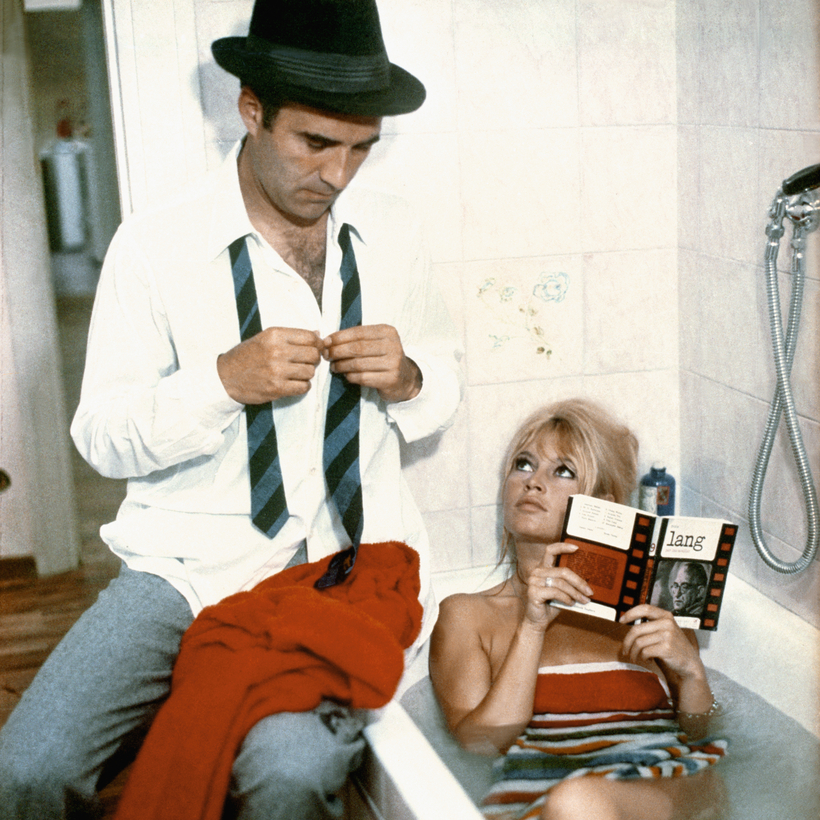In 2020, the year of his 90th birthday, Jean-Luc Godard peers knowingly into the eye of the camera. He runs his hand through his hair and lights a cigar. The interviewer Lionel Baier, head of the Cinema Department at École Cantonale d’Art de Lausanne, politely asks Godard if he is ready. Godard answers, “Yes, yes, I am always ready.” Is it a film, or is it an Instagram Live stream?
Surely no other filmmaker is as fascinated with the distinction between fact and fiction as Godard, and as dedicated to playing with the thin veil that appears to separate the two. For a master of the cinema, a film camera and the unblinking eye of an iPhone must be the same—the gaze through which reality is witnessed.

